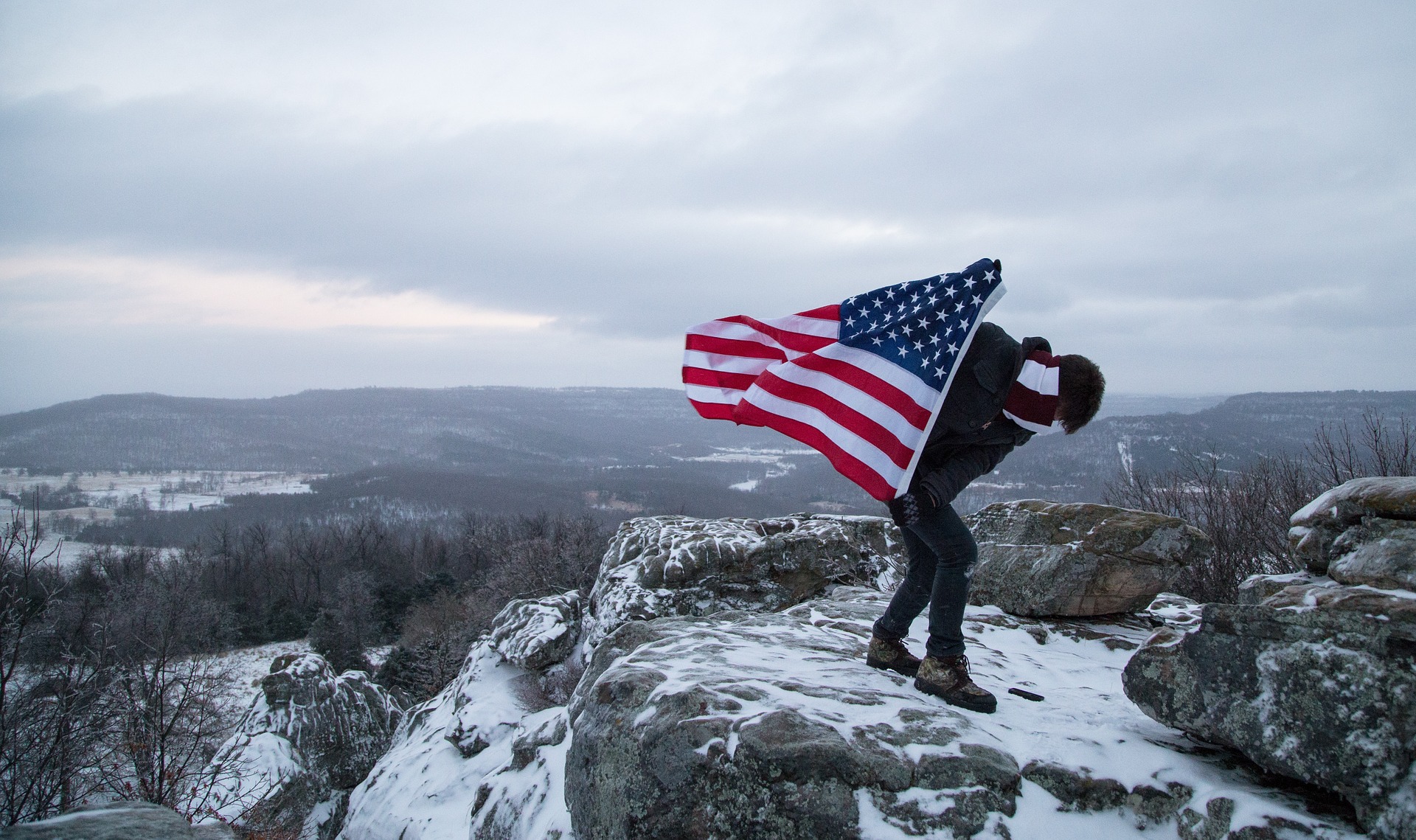Cape Cod Canal reopened Monday after closing to let North Atlantic right whales spotted there over the weekend vacate the waterway.
The United States Coast Guard First District office confirmed the canal’s reopening around 9:30 a.m. Monday. The canal was closed Sunday for the safety of the whales, members of a critically endangered population that frequents Cape Cod and Massachusetts bays.
One whale came in from the Buzzards Bay side, making it as far as the herring run before turning back and reentering Buzzards Bay overnight. Another was observed near the canal’s entrance on the Cape Cod Bay end.
Wildlife: Wildlife photographer’s image of crocodile buried in a drought-ridden pool awarded grand prize
Whales: Growing group of mayors at odds with experts over whale deaths and offshore windmills
Right whales: Saving endangered right whales pits advocates against lobstermen
Vessels that were held at anchorage since Sunday afternoon were transiting the 14-mile canal as of 11 a.m. Monday.
According to scientists at the Center for Coastal Studies in Provincetown, as well as at the New England Aquarium and NOAA Fisheries, one of the leading causes of severe injury and death among the whales is vessel strikes, along with entanglement in traditional fishing gear.
With only about 340 individuals — plus or minus seven — remaining, according to a report released in the fall by the North Atlantic Right Whale Consortium, the whales are VIP visitors to the region’s waters.
The marine animals, which typically migrate south for the winter, have been returning to the bays in the past several weeks. Their slightly earlier than usual strong presence prompted the Massachusetts Division of Marine Fisheries to put out an alert on Jan. 19 after more than two dozen right whales were observed group feeding, urging mariners to use extreme caution when transiting Cape Cod Bay to avoid collisions.
Charles “Stormy” Mayo, director of the right whale ecology program at the Center for Coastal Studies in Provincetown, at the time noted that the whales were surface feeding, which he said is unusual at this time of year. The animals were feasting on high surface concentrations of zooplankton.
Whales are not often observed passing through the canal. When they do, it is standard to close the waterway to vessels until the animals have cleared the waterway in order to avoid collisions.

